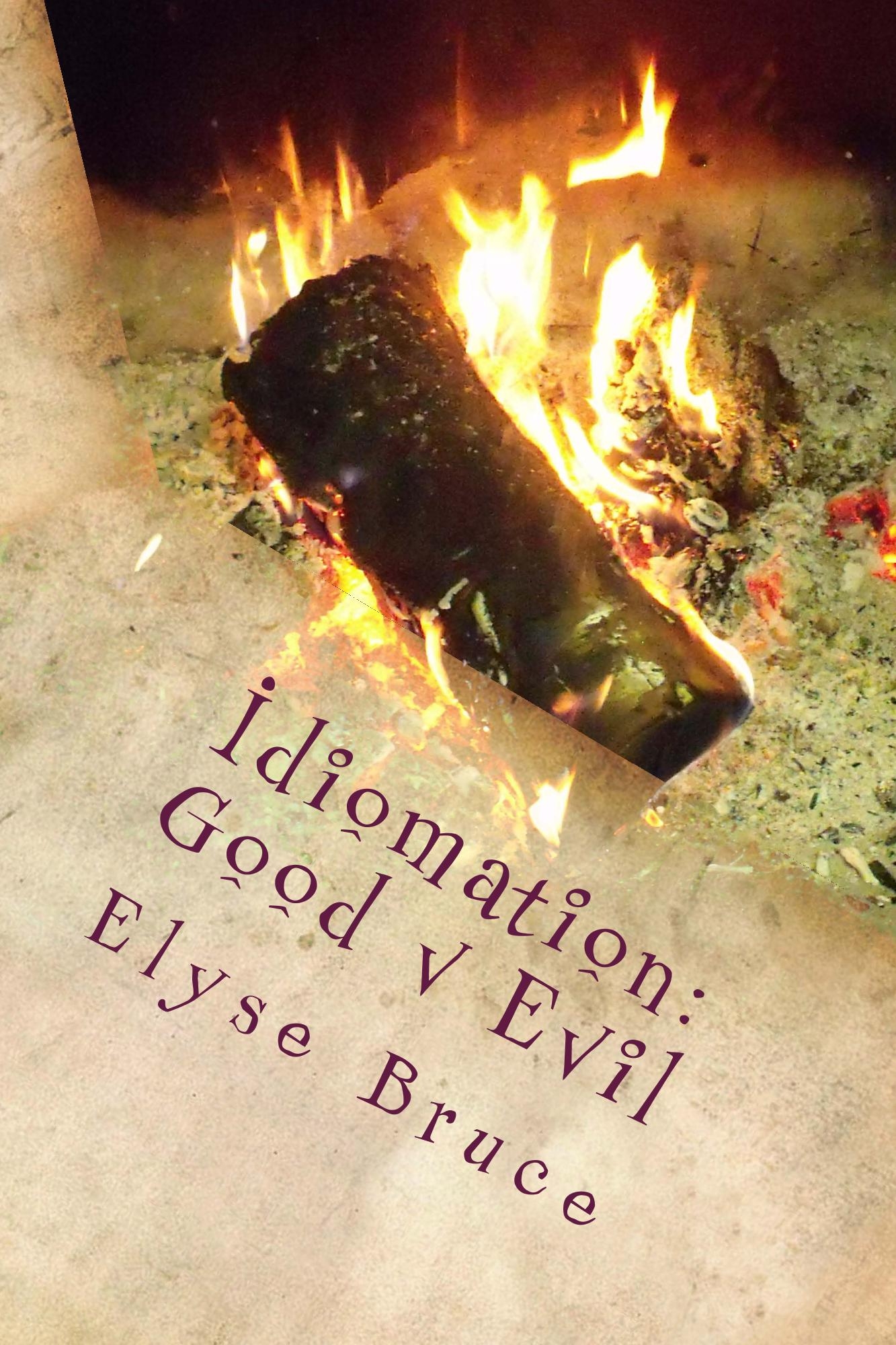When someone views material goods and possessions as more valuable than anything else in life, it’s said that the person has placed his or her faith in the almighty dollar. It can also mean that the person in question feels that his or her financial worth makes him or her more powerful than anyone else with whom he or she comes into contact.
Ozzy Osbourne liked the phrase so much that back in 2007, he used it in his song “Almighty Dollar” on his album, “Black Rain.”
When Charles Dickens wrote “American Notes For General Circulation” in 1842, he made sure to include the almighty dollar in Chapter III entitled, “Boston.” The passage wasn’t complimentary towards Boston or Bostonians in the least. In fact, the author wrote that the influences and tendencies which he distrusted in America may have been only his personal views on the country, but he was also just as quick to add that perhaps he wasn’t mistaken at all in his summation of the country.
The fact of the matter is that, contrary to how it may seem in his book, Charles Dickens loved America and its people. In fact, in the Preface to this book he wrote:
Prejudiced, I am not, and never have been, otherwise than in favour of the United States. I have many friends in America, I feel a grateful interest in the country, I hope and believe it will successfully work out a problem of the highest importance to the whole human race. To represent me as viewing AMERICA with ill-nature, coldness, or animosity, is merely to do a very foolish thing: which is always a very easy one.
However, when it came to writing about Boston, he was just as quick to remark the following:
It was a source of inexpressible pleasure to me to observe the almost imperceptible, but not less certain effect, wrought by this institution among the small community of Boston; and to note at every turn the humanising tastes and desires it has engendered; the affectionate friendships to which it has given rise; the amount of vanity and prejudice it has dispelled. The golden calf they worship at Boston is a pigmy compared with the giant effigies set up in other parts of that vast counting-house which lies beyond the Atlantic; and the almighty dollar sinks into something comparatively insignificant, amidst a whole Pantheon of better gods.
When American author Washington Irving — author of “The Legend of Sleepy Hollow” and “Rip Van Winkle” — first visited Louisiana’s bayou country, the approach to life the people exhibited was one that appealed to Irving. This easy-going way the people had became the basis for his story, “The Creole Village” published in the November 12, 1836 edition of Knickerbocker Magazine.
As we swept away from the shore, I cast back a wistful eye upon the moss-grown roofs and ancient elms of the village, and prayed that the inhabitants might long retain their happy ignorance, their absence of all enterprise and improvement, their respect for the fiddle, and their contempt for the almighty dollar.
It’s true that Edward Bulwer-Lytton added to Washington Irving’s idiom, by stretching the idiom out to become the “pursuit of the almighty dollar” as is seen in his novel “The Coming Race” published in 1871.
But Washington Irving can’t take full credit for the idiom, the spirit of which is found in English playwright, poet, and literary critic, Ben Jonson’s “The Forest” published in 1616, an older version of the idiom is found in the “Epistle To Elizabeth, Countess of Rutland” where Madam begins by saying:
Whilst that for which all virtue now is sold,
And almost every vice, almighty gold,
That which, to boot with hell, is thought worth heaven …
Even then, the phrase already implied what it means in today’s terms. However, the phrase goes back even further than that with regards to Ben Jonson (11 June 1572 – 6 August 1637) — a literary rival of William Shakespeare. He used the very same line as in a letter to the Countess of Rutland in 1599 as he did in the epistle written 17 years later. Elizabeth was the Countess of Rutland from March 1599 — when she married Roger Manners,5th Earl of Rutland — until her death in 1612.
Whilst that for which all virtue now is sold, and almost every vice — almighty gold.
From a historical perspective, it was after the Crusades (1095 to 1291) that gold began to climb within economies as the price for all commodities was measured by gold. To this end, gold signed power in that whoever had the gold, held the power regardless of whether it was a King or a merchant. This led to people perceiving gold as being powerful … all-powerful … even almighty. Some even worshipped gold as much, if not more than, God Almighty.
So while Washington Irving may have been the first make mention of the almighty dollar, the spirit has been used by generations going back to at least the 13th century. The religious overtone that seems to be part of the idiom is incidental, as commerce has shown.

